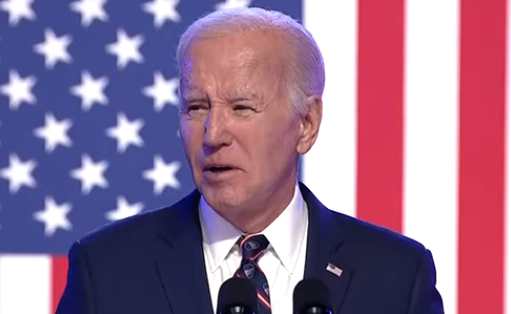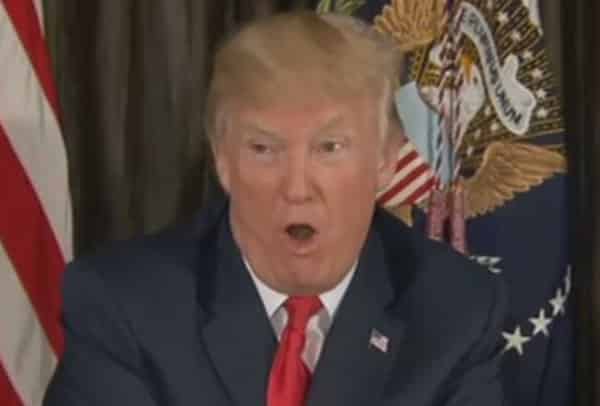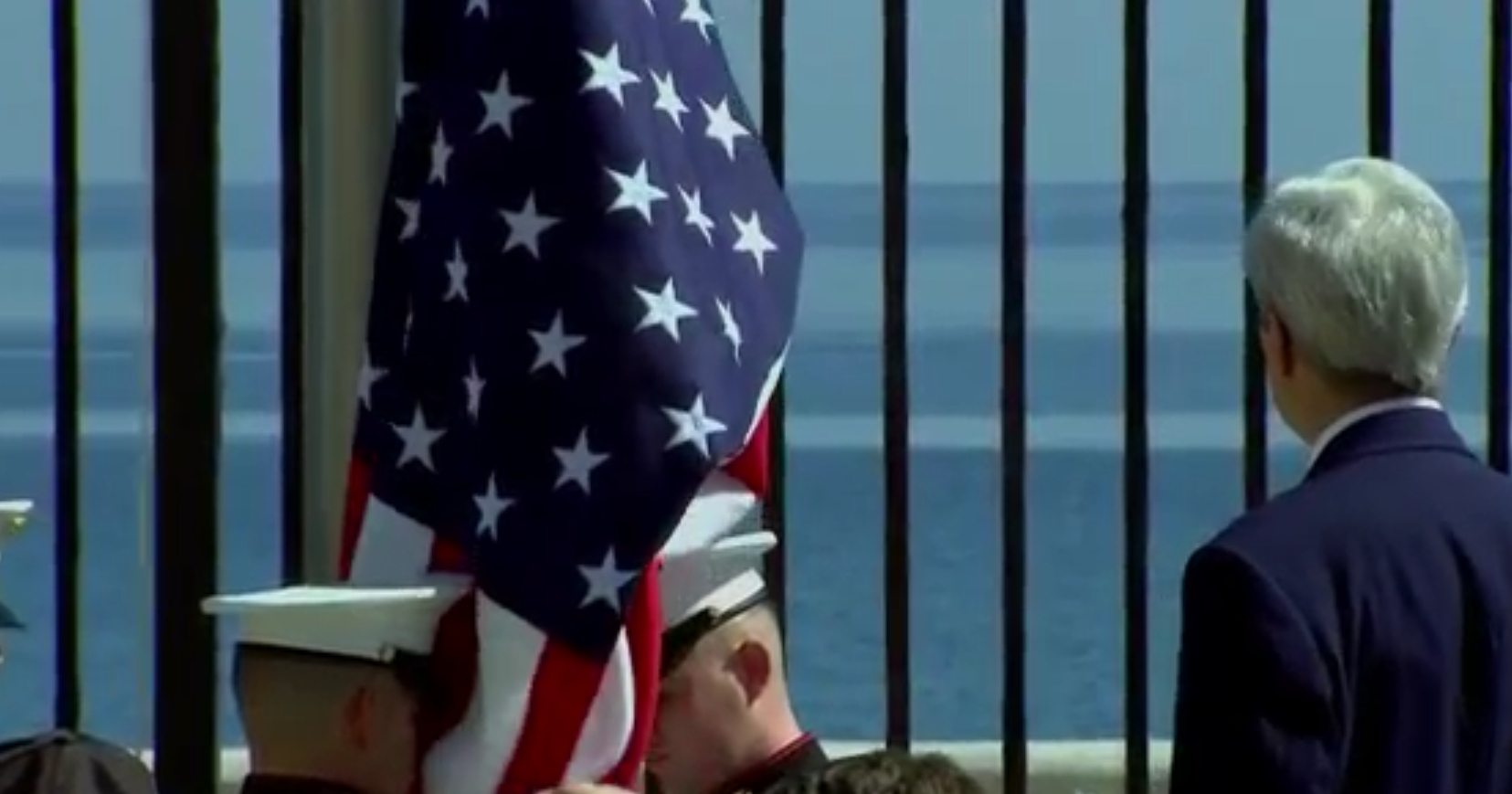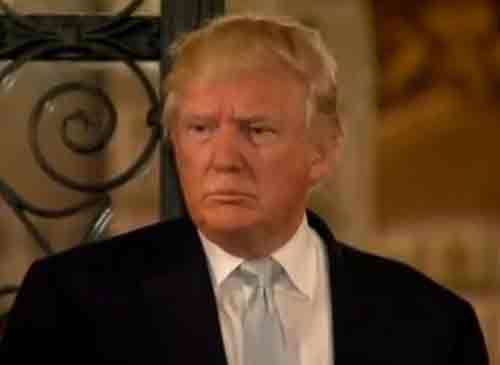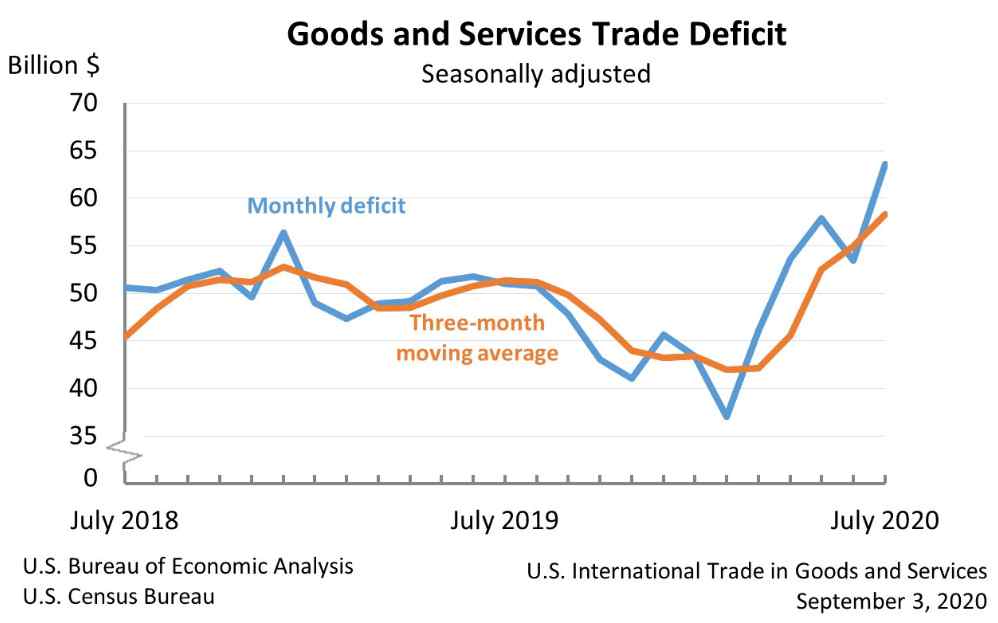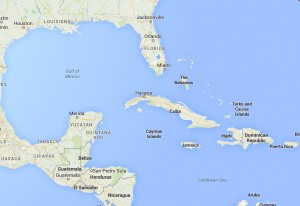
WASHINGTON—The United States Treasury says new rules relaxing trade and travel restrictions to Cuba will be implemented beginning Friday.
The move is a step toward the Obama administration’s goal, announced last month, of normalizing ties with the communist nation.
In a statement Thursday, Treasury Secretary Jack Lew said the United States is now “one step closer to replacing out of date policies that were not working.”
Under the new rules, Americans will not need to apply for a license to be able to travel to Cuba for any of a dozen approved reasons. Travel agents and airlines will also be allowed to provide authorized services without a license.
But general tourism to Cuba remains banned. Washington attorney and expert on U.S. law related to Cuba Robert Muse tells VOA hefty fines remain for those involved in unauthorized travel. “It is $100,000 per infraction. So if you have 20 people in a group traveling to Cuba and the organizers violated the rules, you are looking at a $2 million penalty. So I would counsel organizations and institutions in the United States to proceed carefully with travel to Cuba,” he said.
Some Congress members have expressed opposition to relaxing sanctions, saying it will not encourage democratic progress.
The decades-old trade embargo can only be completely lifted by Congress, a move that appears unlikely. But Muse says the president has the executive authority to greatly reduce the restrictions.
“He can leave the embargo on Cuba virtually all holes and no cheese by the time that he is done, and I think that is what he is doing. This is meant to be a legacy project for Barack Obama, and this is what they are pursuing. So expect to see continuing expansions of commercial activity with Cuba,” states Muse.
Starting Friday, that commercial activity will start to expand. U.S. travelers will be allowed to import up to $400 worth of goods purchased in Cuba for personal use, including $100 worth of tobacco and alcohol.
The new rules will also raise a limit on remittances and allow U.S. financial institutions to establish accounts in Cuban banks. Companies will be allowed to ship building materials and equipment to private Cuban companies.
U.S. businesses will also be able to export communications devices to Cuba, a step many say could help encourage the free flow of information in Cuba.
But John Kavulich, a senior policy advisor for the U.S.-Cuba Trade and Economic Council, tells VOA this may be “wishful thinking.”
“If you are the Cuban government, you know about Edward Snowden, and you are going to rightly say, ‘How do we know that any equipment we purchase from you is not compromised before it gets here or can not be compromised once it gets here?’” I do not remember the Cuban government making an announcement saying it hopes all 11.3 million people have a smartphone,” he adds, “an iPad, and Gmail.”
But Cuba has given signs it is willing to live up to its end of the bargain with Washington. This week, the communist government released 53 political prisoners, as it promised to do in the rapprochement deal with the U.S.

